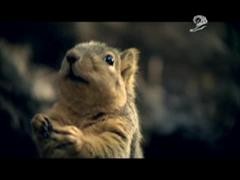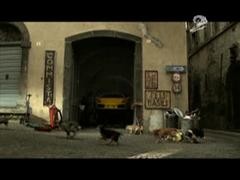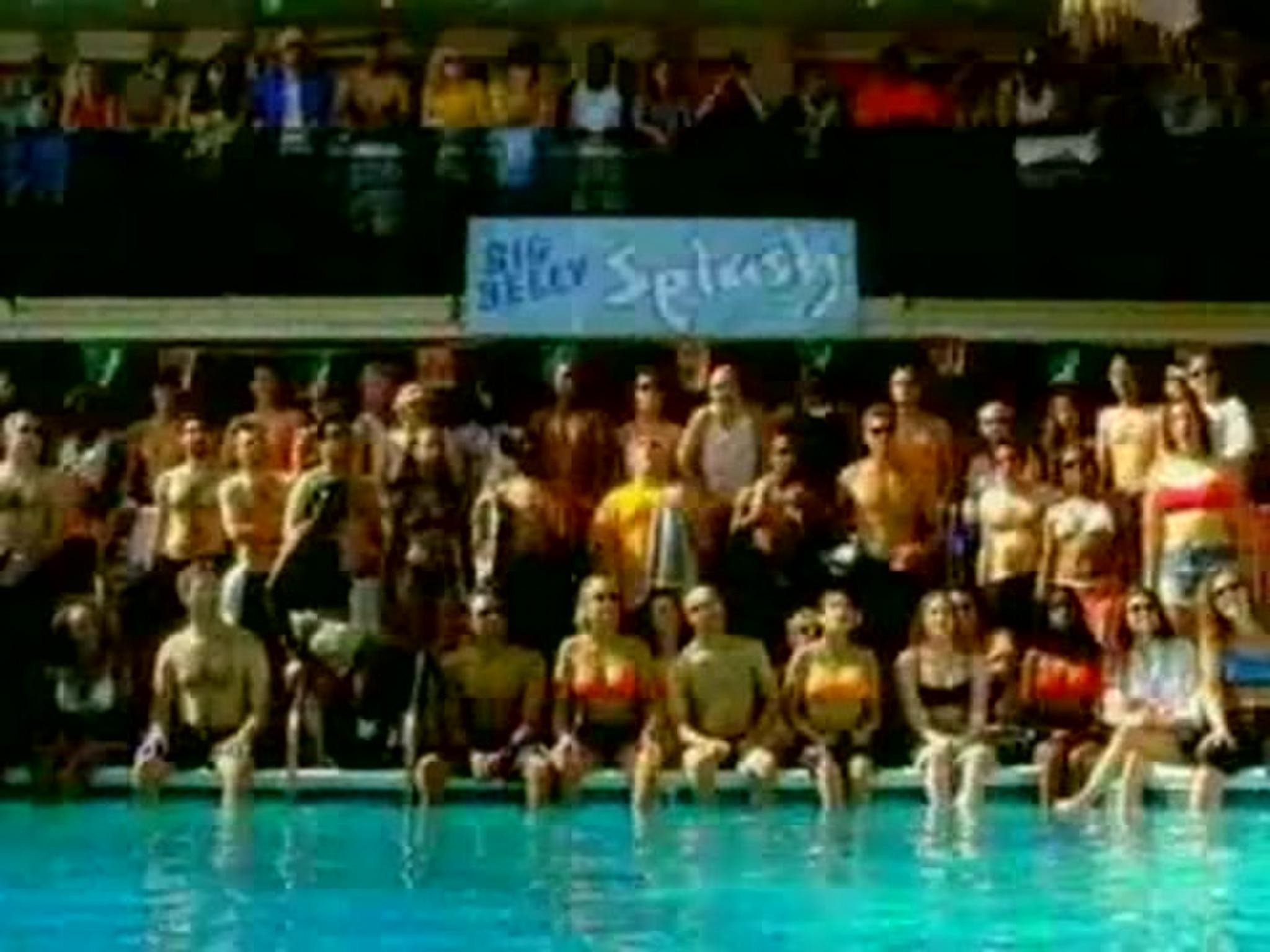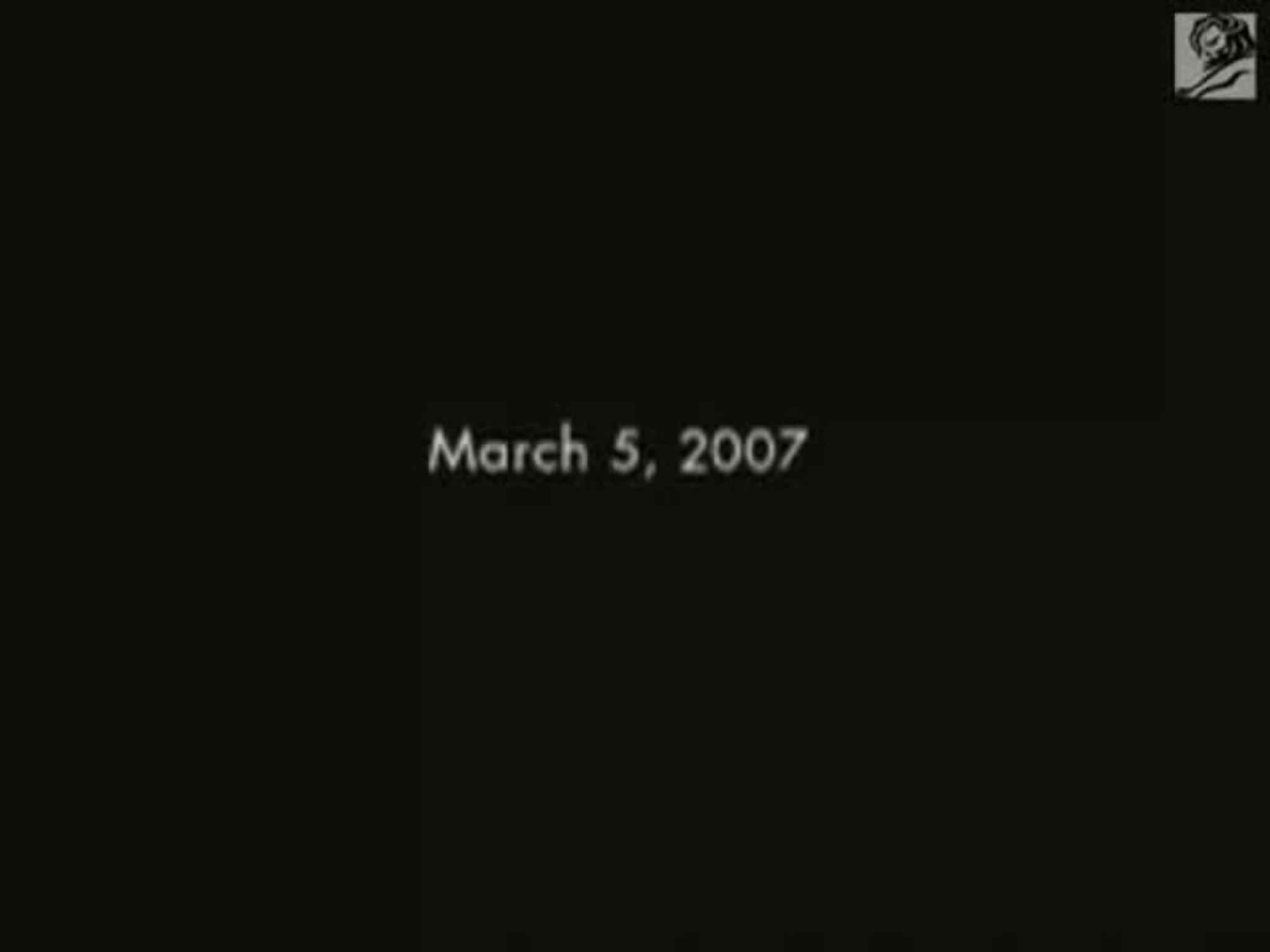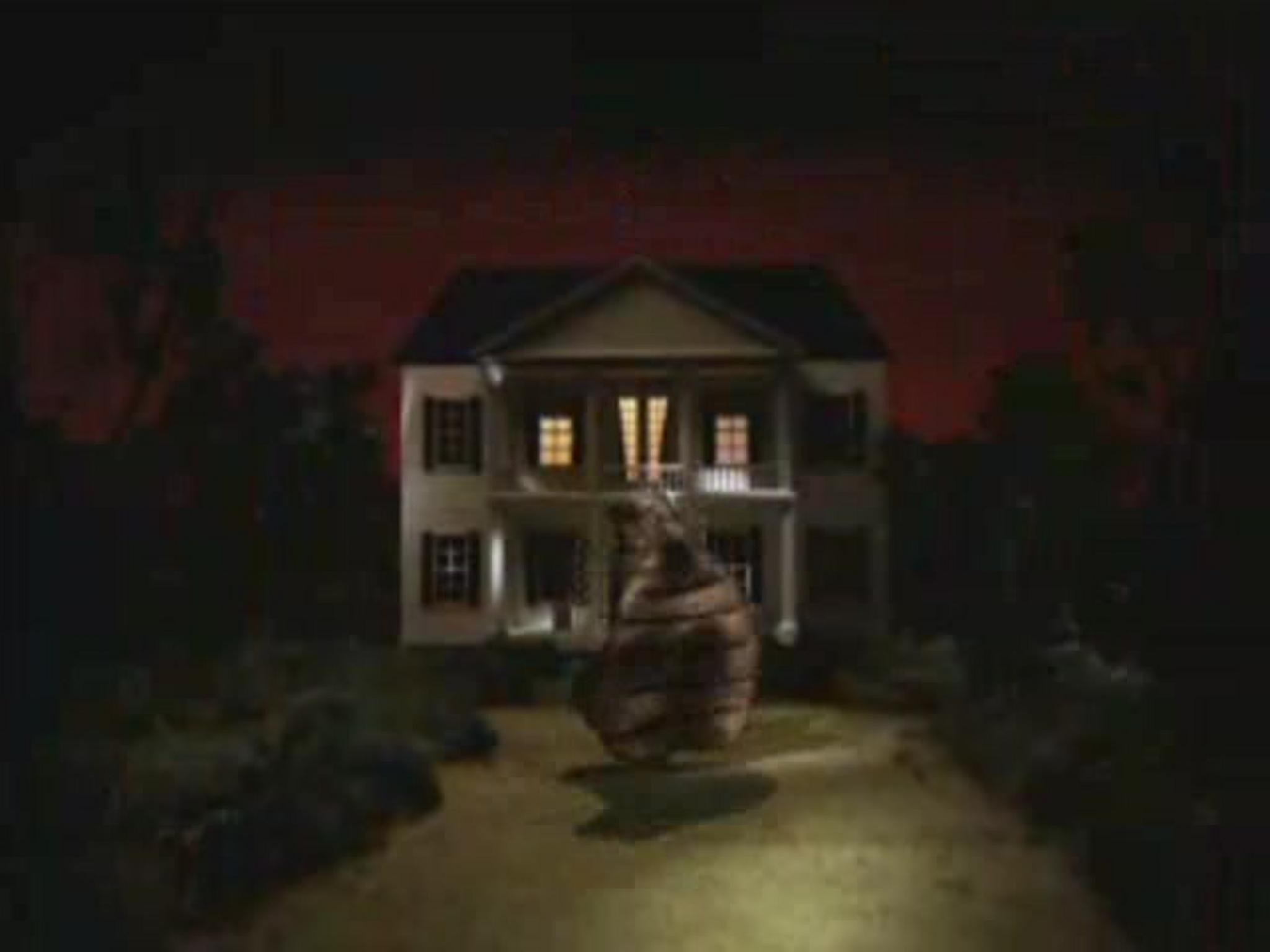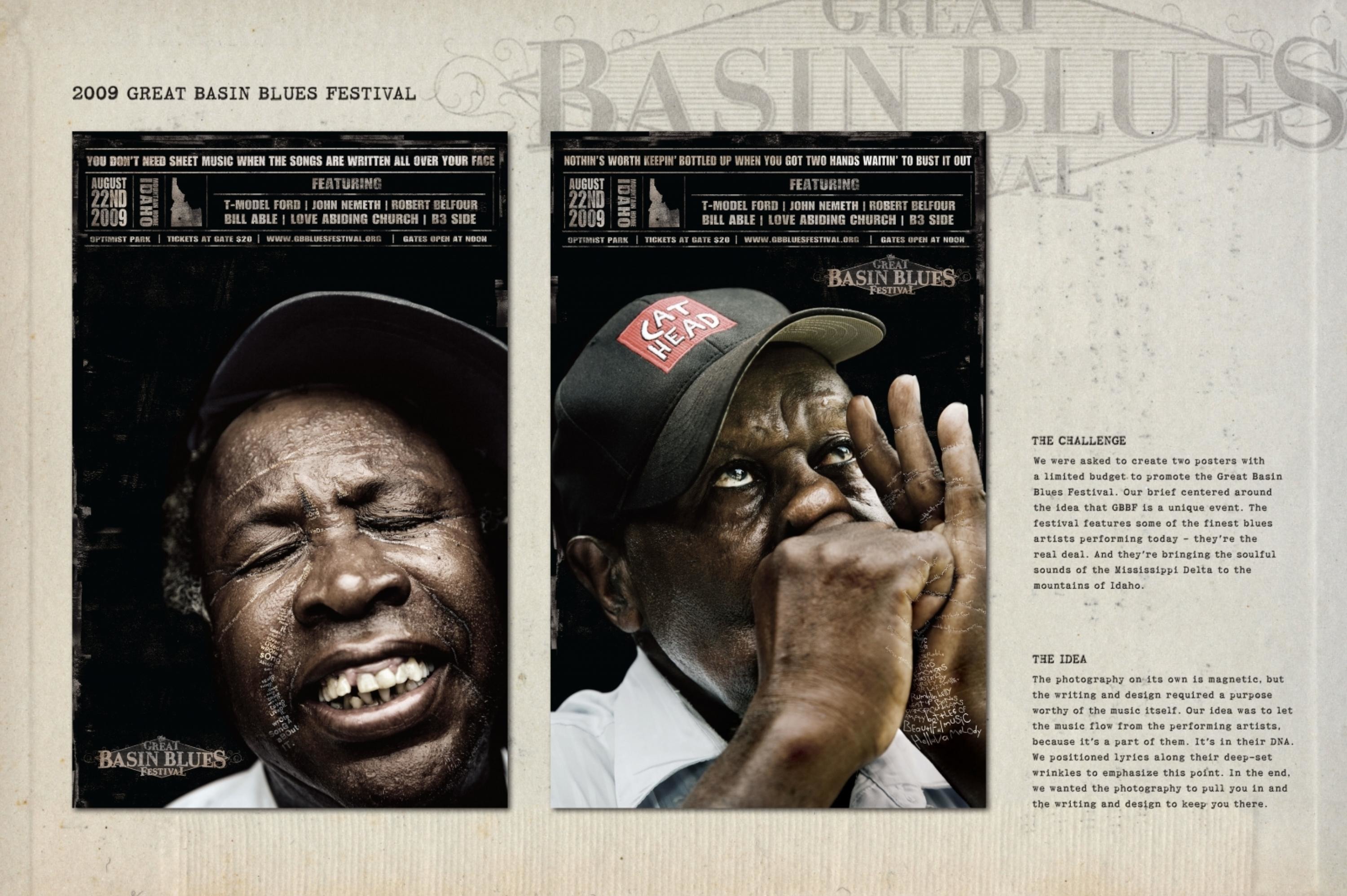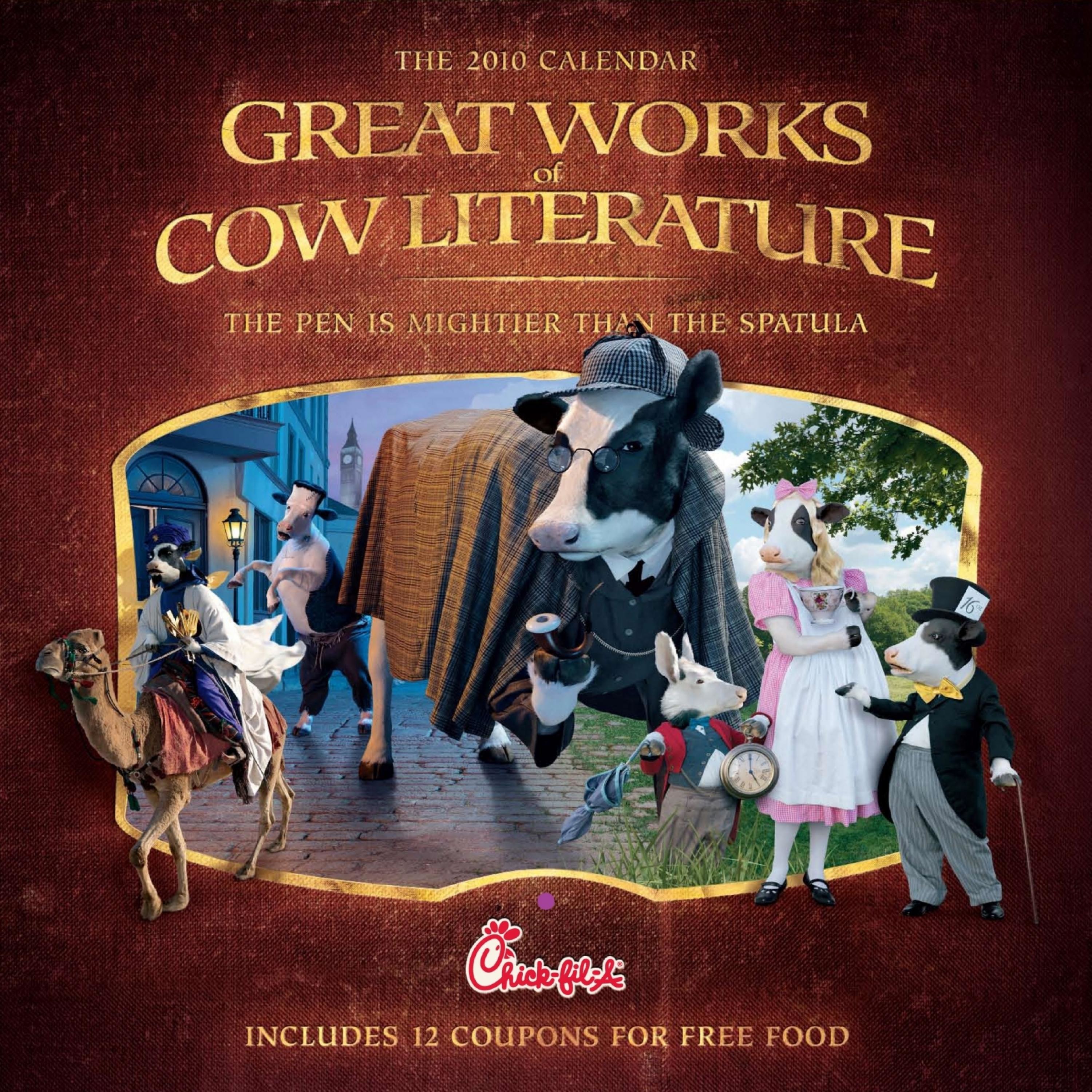Glass: The Lion For Change > Glass Lion
COURAGE IS ALREADY INSIDE
THE RICHARDS GROUP, Dallas / RAM TRUCKS / 2015
Overview
Credits
OVERVIEW
BriefExplanation
For generations, pickup truck advertising has had a defined structure. Trucks pulling heavy loads. Trucks working. Men working. The Ram Trucks brand sought to work outside this historically oppressive zone.
We prefer to explore inside the hearts and minds of the driver. People whose values and character traits align closely with our core belief: That guts is what brings us great things.
Today, women buy nearly a quarter of a million trucks every year. From a business standpoint, it was critical that we make a brand connection with this growing and influential audience, and do so in a way that positioned the Ram brand on a higher order than our competitors.
Clearly, the paradigm needed shifting. The status quo of casting women in traditional gender roles, as wife and mother, or placing them in the stereotypical “man and truck” environments, was off base and, frankly, insulting.
Rather than focus on the beauty of our trucks, we chose to highlight the strength and beauty of women who aspire to achieve great things.
Effectiveness
Ram doesn’t do anything halfway. To make an impact on truck culture and spark conversation, we needed to go big.
To launch our campaign, we chose premier media events like the Kentucky Derby, NASCAR, and the Academy of Country Music Awards. We aired our message in front of more than 20.49 million people, and we reached another 94 million in unpaid digital impressions.
Our impact was further maximized by the inspirational women featured in the ad – country music megastar Miranda Lambert, renowned hunter Eva Shockey, and jockey Rosie Napravnik. They continued our #CourageInside story with their 16.5 million followers on social media.
We also collaborated with Miranda Lambert to create a song and video, “Roots and Wings,” celebrating women’s ability to achieve greatness while remaining true to their values. In its first week on YouTube, "Roots and Wings” was viewed over 1.2 million times.
People have taken notice. Adweek, Ad Age, the Guardian, Fast Company, and Automotive News have all recognized Ram’s authentic portrayal of the badass attitude of women truck owners. But more importantly, people are taking action. Female truck owners are voicing their pride through social media, and even traditional truck guys are speaking up in support.
EntrySummary
In many instances, marketers have thankfully stepped into the 21st century and shed the gender stereotypes that are so clearly out of date.
Sadly, that contemporary thinking has been slow to reach truck culture. Women are still relegated to traditional gender roles and, as a result, viewed as secondary to the prototypical male lead.
They are not regularly viewed as having equal ambition or abilities. Their needs for a truck are not deemed as important as those “obvious” needs that men have.
Even worse, the “good ol’ boy” construct often perpetuated in music and film adds to the outdated and inaccurate portrayals of women today.
Women want and need a full-size pickup truck for the same reasons men do. They lead active lives with admirable goals, and they deserve to be recognized in a more honest light for their strength of character.
Strategy
For generations, pickup truck advertising has had a defined structure. Trucks pulling heavy loads. Trucks working. Men working. The Ram Trucks brand sought to work outside this historically oppressive zone.
We prefer to explore inside the hearts and minds of the driver. People whose values and character traits align closely with our core belief: That guts is what brings us great things.
Today, women buy nearly a quarter of a million trucks every year. From a business standpoint, it was critical that we make a brand connection with this growing and influential audience, and do so in a way that positioned the Ram brand on a higher order than our competitors.
Clearly, the paradigm needed shifting. The status quo of casting women in traditional gender roles, as wife and mother, or placing them in the stereotypical “man and truck” environments, was off base and, frankly, insulting.
Rather than focus on the beauty of our trucks, we chose to highlight the strength and beauty of women who aspire to achieve great things.
More Entries from Glass in Glass: The Lion For Change
24 items
More Entries from THE RICHARDS GROUP
24 items


